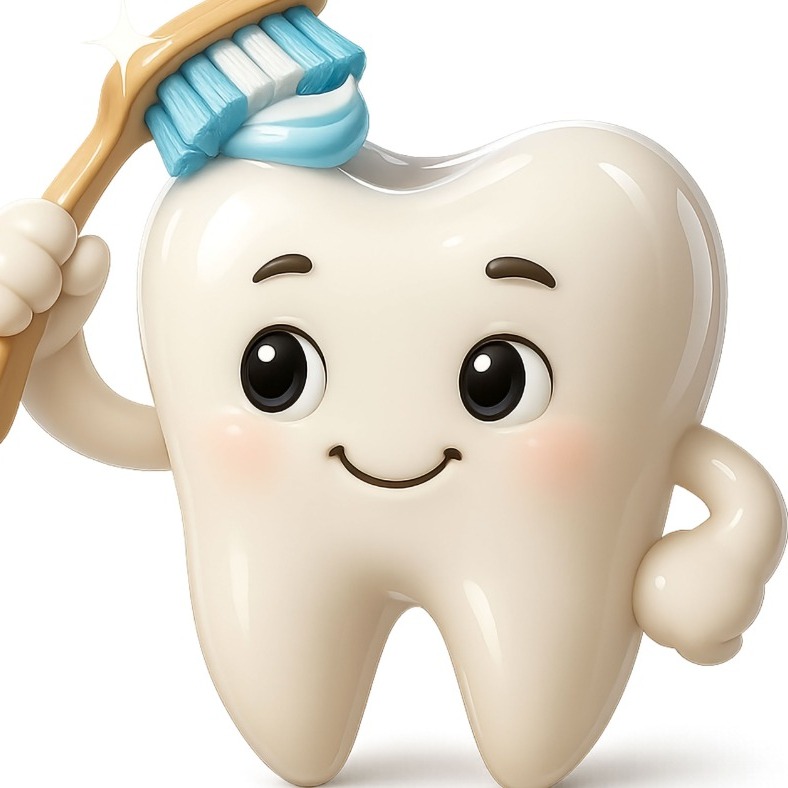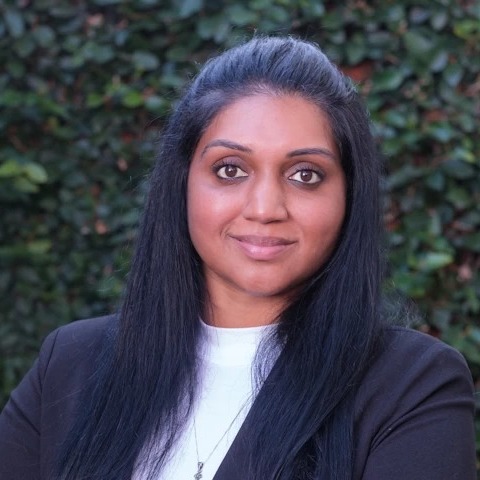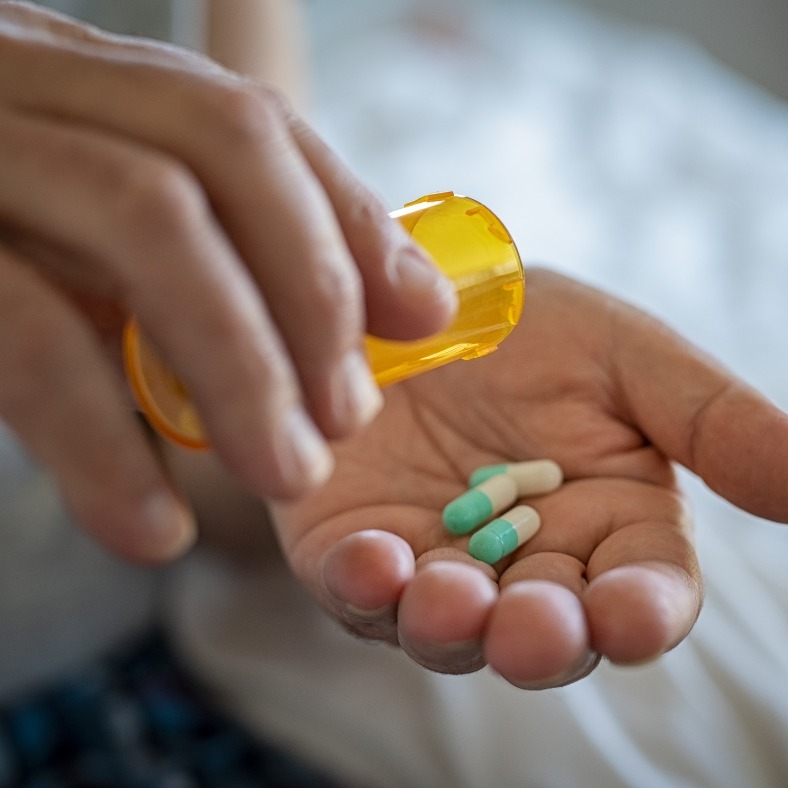The OPTISMILE Podcast 76 - Menopause and your mouth
Description
Podcast 76: Menopause and Your Mouth
Intro
In this episode of Save Your Money, Save Your Teeth, Dr Clifford Yudelman from OptiSmile joins Eon Engelbrecht to discuss an often-overlooked subject: how menopause affects oral health.
Beyond hot flashes and mood swings, menopause can bring about dry mouth, gum changes, burning tongue and even bone loss in the jaw. Many women don’t realise that hormonal shifts during this stage of life can directly impact their smile, their comfort, and their confidence.
Questions with Summary Answers
(1:36 ) How does menopause affect the mouth, teeth and gums?
Menopause disrupts hormone balance, particularly oestrogen, which can cause inflamed gums, increased tooth sensitivity and bone thinning in the jaw. Dentures may fit differently and teeth may shift — these are real effects, not imagined.
(2:14 ) What is burning mouth syndrome and why is it linked to menopause?
Burning mouth syndrome feels like scalding from hot tea even though nothing looks wrong. It’s believed to stem from nerve sensitivity changes tied to hormone loss. While not dangerous, it’s frustrating and uncomfortable.
(2:54 ) Does lower oestrogen increase the risk of gum disease and bone loss?
Yes. Oestrogen helps protect bone density. When levels fall, women risk bone loss not only in the hips and spine but also in the jaw. This accelerates gum disease progression and tooth instability. Regular checkups and gum care are essential.
(4:59 ) Why do many women experience more cavities and dry mouth during menopause?
Hormonal changes reduce saliva, the body’s natural defence against cavities. Without enough saliva, acids aren’t neutralised, enamel isn’t protected, and decay risk increases — even if brushing habits stay the same.
(6:00 ) Can menopause cause changes in taste or sensitivity?
Yes. Some women notice metallic or bitter tastes, others find sweets less sweet. Increased sensitivity to hot and cold foods is also common, making everyday pleasures like coffee or ice cream less enjoyable.
(6:29 ) What role does hormone replacement therapy (HRT) play in oral health?
HRT can restore oestrogen levels, slowing bone loss and reducing gum disease severity. While it’s not a cure-all, starting early can make a significant difference. Dr Yudelman advises women to seek second opinions if their doctors dismiss HRT.
(7:29 ) Are there foods or lifestyle choices that help protect the mouth during menopause?
Yes. A calcium and vitamin D-rich diet, supplements such as Menocal 7, hydration, reduced sugar intake, and regular exercise all support strong bones, gums and saliva flow.
(8:19 ) What dental treatments are especially important for women in midlife?
Preventive care is key: regular gum checks, professional cleanings, bone monitoring and fluoride or prescription-strength toothpaste for cavity prevention. MiPaste Plus and similar products may also help.
(9:14 ) How can women manage the confidence impact of oral changes during menopause?
Oral changes can hurt confidence. Options like whitening, bonding and Invisalign (suitable even into the 60s and 70s) can restore both aesthetics and self-assurance. Sometimes simply managing dryness or sensitivity can make a big difference.
(9:51 ) What is your best advice for women navigating menopause to protect their smile?
Don’t suffer in silence. Mention symptoms like dry mouth, bleeding gums or burning sensations to your dentist. With consistent checkups, preventive care and the right professional guidance, women can maintain healthy, confident smiles throughout midlife and beyond.
🔗 Further Resources
- Osteoporosis & Oral Health: Navigating the Postmenopausal Connection
- Dry Mouth Dilemmas – Causes, Consequences & Relief Strategies
- Medicines & Your Mouth – What You Need to Know
- Gum Disease – Early Signs, Professional Care, and Recovery
- Book a Free 30-Minute Virtual Dental Consultation
Contact the Best dentist in Cape Town
Book your next Dental Checkup with OptiSmile
Disclaimer: The content provided in this podcast, "Save Your Money Save Your Teeth" on Medical Mondays, is for informational and educational purposes only. It is not intended to serve as dental or medical advice. The insights and opinions expressed by Dr. Clifford Yudelman and any guests are designed to foster a better understanding of dental health, preventive measures, and general well-being, but should not be interpreted as professional dental or medical recommendations. Dr. Clifford Yudelman does not diagnose, treat, or offer prevention strategies for any health conditions directly through this podcast. This platform is not a substitute for the personalized care and advice provided by a licensed dental or healthcare professional. We strongly encourage our listeners to consult with their own dental care providers to address individual dental health needs and concerns. The information shared here aims to empower listeners with knowledge about dental health but must not be used as a basis for making health-related decisions without professional guidance. Your dental care provider is the best source of advice about your dental and overall health. Please always seek the advice of your dentist or other qualified health professionals regarding any questions or concerns about your dental health.
























